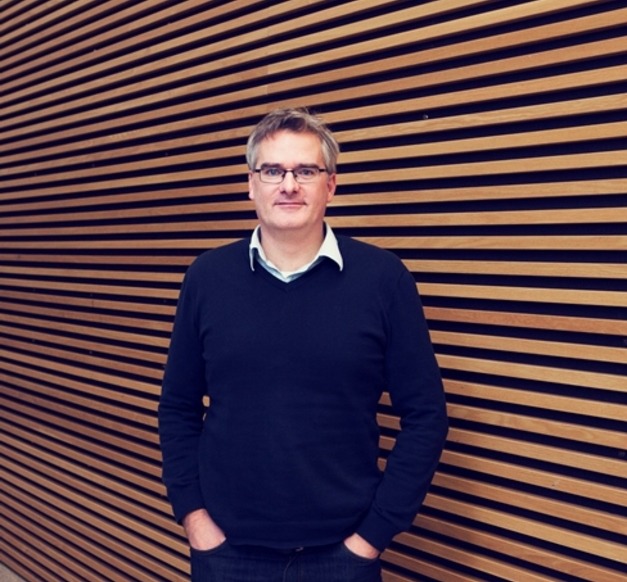“Many scientists have studied the impact of climate change on glaciers and landscape during the last decades, especially in Iceland. However, research on the effects of climate change on glacier tourism in Iceland is scarce. The aim of my research is to explore the current and future implications of climate change on glacier tourism in Iceland and develop methods to design effective adaptation and mitigations strategies for the tourism sector,” says Johannes Theodorus Welling, Doctoral Student at the Faculty of Life and Environmental Sciences.
Welling‘s interest in the subject dates from his master’s studies in Environment and Resource Management at the Free University of Amsterdam. He began to wonder how climate change moderates landscape perceptions and uses. “Glaciers and their adjacent landforms make up landscapes that are among the most popular tourism sites in Iceland. However, these glacial landscapes are extremely sensitive to climate change and variability. To this today, there are no studies that investigate the climate induced environmental impacts on tourism in Iceland thoroughly,“ Welling points out.
Welling’s focus is on the impact of climate change on tourism in Vatnajökull National Park which he is quite familiar with as he conducted a research on the social and economic impacts of the National Park on the adjacent communities. “It can be expected that the glacial landscape in Iceland will change dramatically in the next 20-40 years altering the distribution and quality of the services and goods these landscapes provide to the glacier tourism business in Iceland,” says Welling
Welling says that the study will on one hand give a necessary insight of the potential impacts of climate change on glacier tourism. “On the other hand it will provide a better understanding of the complex reciprocal relationship between glacier landscapes and tourism by analysing landscape-specific services essential for maintaining and improving tourism development in a regional context under environmental and sociocultural changes,” says Welling.
Supervisors: Rannveig Ólafsdóttir, Associate Professor at the Faculty of Life and Environmental Sciences and Þorvarður Árnason, Director of the UI Hornafjörður Regional Research Centre.



